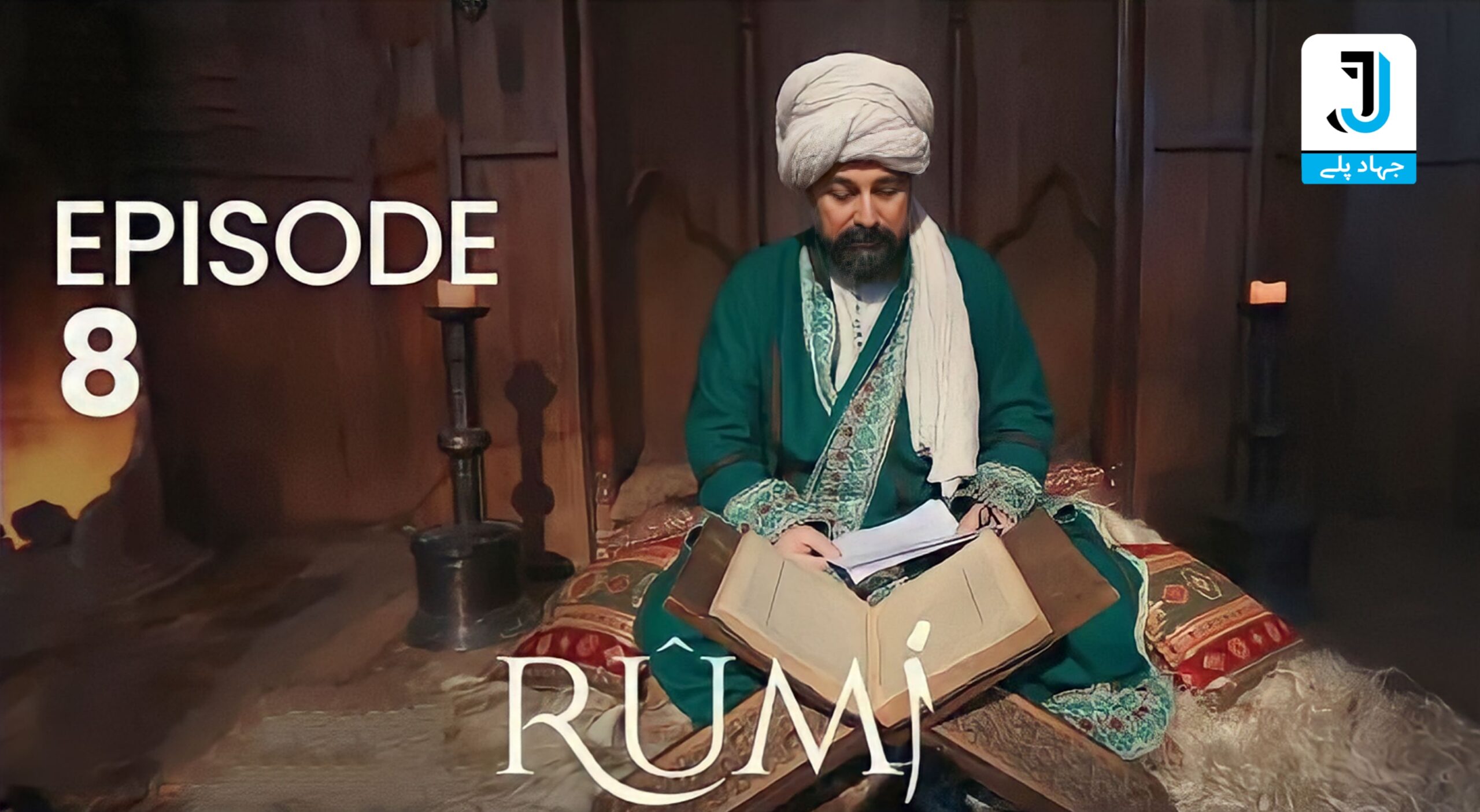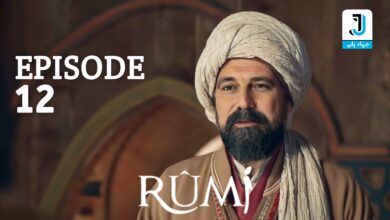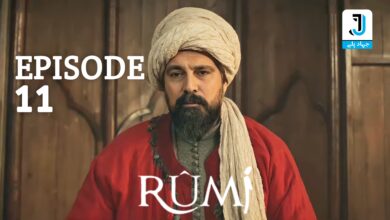Mevlana Jalaluddin Rumi Episode 8 by Jihad Play with urdu subtitles

Introduction
Mevlana Jalaluddin Rumi, often simply referred to as Rumi, was a 13th-century Persian poet, Islamic jurist, theologian, and Sufi mystic whose timeless poetry continues to inspire people worldwide. His works, primarily written in Persian, have transcended cultural and linguistic boundaries, touching the hearts of countless individuals with their profound wisdom, spirituality, and universal themes. In this article, we delve into the life, teachings, and enduring legacy of this remarkable figure.
Early Life and Education
Rumi was born on September 30, 1207, in the city of Balkh, which is now located in modern-day Afghanistan. He hailed from a family of scholars and theologians, and he inherited a deep love for learning from his father, Bahauddin Walad, who was a renowned theologian and jurist. Following the Mongol invasion, Rumi’s family embarked on a journey that took them through various regions, eventually settling in Konya, Anatolia, which is in present-day Turkey. It was in Konya that Rumi’s life would take a transformative turn.
PLAYER 1
PLAYER 2
The Encounter with Shams Tabrizi
Rumi’s life changed dramatically when he encountered the wandering dervish and spiritual teacher, Shams Tabrizi. The deep and transformative friendship between Rumi and Shams has become legendary. Shams, with his unconventional and unorthodox approach to spirituality, became the catalyst for Rumi’s spiritual awakening and creative outpouring of poetry. Their relationship was characterized by intense conversations, deep meditations, and a profound exchange of ideas. Rumi’s famous work, the “Divan-e Shams-e Tabrizi,” is a collection of poetry that reflects the spiritual journey inspired by Shams.
The Masnavi
Rumi’s most famous work, the “Masnavi-ye-Ma’navi” or “Mathnawi,” is often considered his magnum opus. This epic poem, consisting of six volumes, covers a wide range of topics, from philosophy and ethics to metaphysics and the nature of divine love. The “Masnavi” is written in rhyming couplets and is a rich source of Sufi wisdom. It delves into the concept of divine love and the journey of the soul toward spiritual enlightenment.
The Whirling Dervishes
Rumi is also closely associated with the practice of Sama, or Sufi whirling. The Mevlevi Order, also known as the Whirling Dervishes, was founded by Rumi’s followers after his death. This mystical dance is not just a physical exercise but a form of meditation and worship, symbolizing the soul’s journey towards union with the divine. The rhythmic spinning of the dervishes is a mesmerizing and spiritual experience that continues to captivate audiences worldwide.
Teachings and Legacy
Rumi’s teachings revolved around the central themes of love, spirituality, and the quest for divine truth. His poetry emphasizes the idea that love, specifically divine love, is the path to spiritual enlightenment. He believed that by connecting with the divine through love, individuals could transcend the ego and worldly attachments, ultimately achieving union with the divine.
Rumi’s message is profoundly universal, transcending religious and cultural boundaries. His poetry has been embraced by people of various faiths and backgrounds, making him one of the most widely read poets in the world. His teachings continue to inspire individuals to seek inner transformation and spiritual growth through love and devotion.
Conclusion
Mevlana Jalaluddin Rumi’s life and work are a testament to the enduring power of poetry and spirituality. His words continue to resonate with people from all walks of life, guiding them on a journey of self-discovery and spiritual enlightenment. Rumi’s legacy as a poet, mystic, and philosopher remains an invaluable source of inspiration and a beacon of light in our quest for deeper meaning and connection in a complex world.



